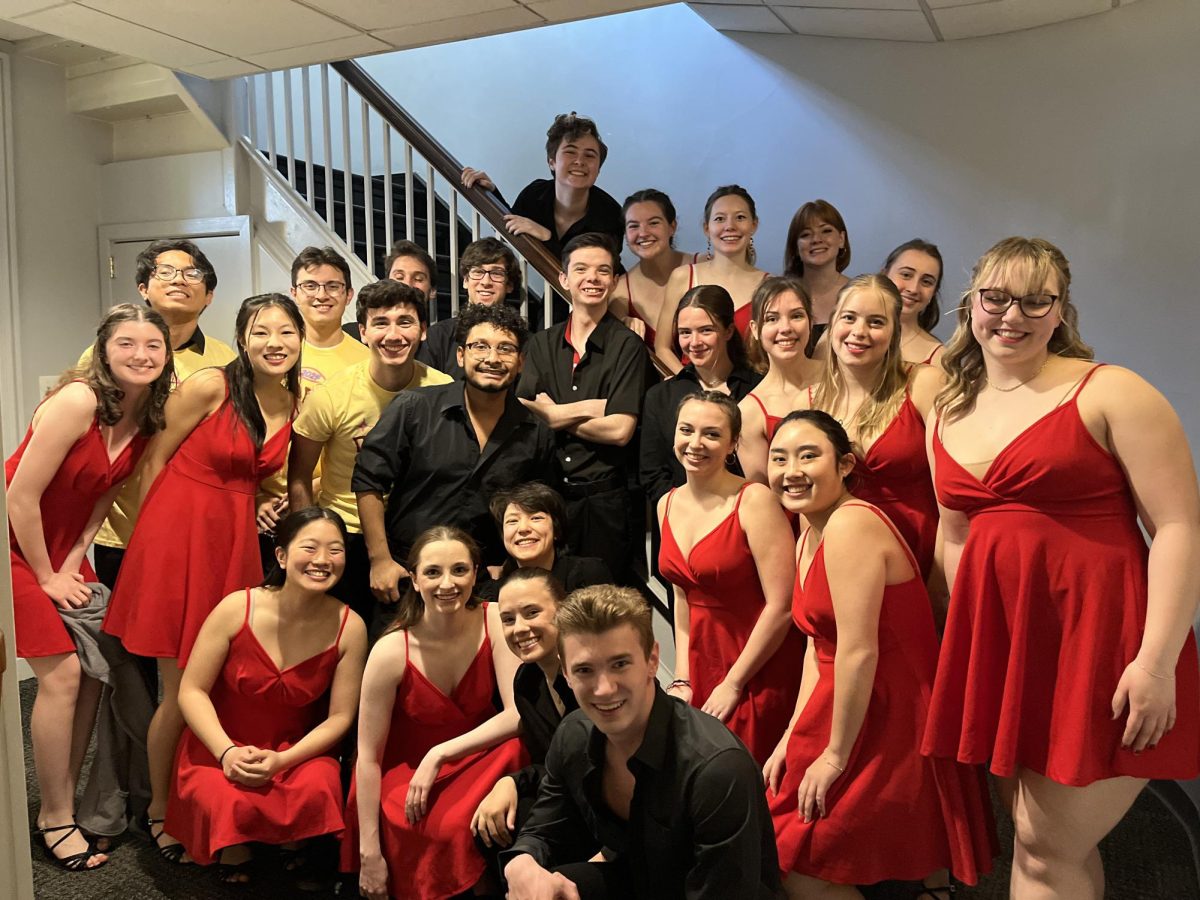After thirty years of conflict, the Armenian ethnic enclave of Nagorno-Karabakh was invaded by Azerbaijan on Sept. 19, forcing its population of 120,000 to decide between uprooting their lives in a desperate exodus to Armenia or potential persecution. So far, at least 100,000 people have fled Nagorno-Karabakh, according to the spokesperson of Armenia’s prime minister, as reported by CNN. The invasion represents a new epoch in the Caucasus region, as it marks a major shift in the balance of power between regional rivals Russia and Türkiye and threatens to explode into open war between Armenia and Azerbaijan.
The Republic of Artsakh, known as the Republic of Nagorno-Karabakh until 2017, was an Armenian enclave within what is internationally recognized as Azerbaijan. In 1992, Armenia intervened in a civil war between Azerbaijan and ethnic Armenian rebels in Nagorno-Karabakh. After a two-year war which forced hundreds of thousands of Armenians and Azerbaijanis to flee their homes, Armenia won, resulting in the establishment of Nagorno-Karabakh as an autonomous state and the occupation of seven additional districts of Azerbaijan by Armenia.
During that time, the Republic of Nagorno-Karabakh ran itself autonomously with a very close connection to Armenia. However, it was not officially recognized as a sovereign state by any other country – not even Armenia. Azerbaijanis and their allies viewed it as a puppet state of Armenia, fashioned to serve imperialist ambitions. Conversely, Armenians viewed it as a necessary protector of human rights for Armenians as an alternative to leaving them at the mercy of the Azerbaijanis. The collective memory of the Armenian genocide created a strong fear of what might happen if Armenians were left as a minority in a foreign state again. Armenia also saw Nagorno-Karabakh and its occupied territories as buffers against Azerbaijan.
Waging a second war in 2020, Azerbaijan recaptured much of Nagorno-Karabakh and all of the Armenian-occupied districts of Azerbaijan. Only the threat of Russian military intervention prevented Ilham Aliyev, the president of Azerbaijan, from moving further, and Aliyev was strongarmed into submitting to a peace mediated by Russia, the big-power backer of Armenia.
According to The Washington Post, Putin leveraged his power to score a major victory in the Caucasus region despite his ally’s defeat, as the Russian FSB was entrusted as a neutral party to maintain control over the Lachin Corridor between Armenia and Nagorno-Karabakh, which were now noncontiguous, and another corridor between Azerbaijan and its exclave of Nakhchivan. The threat of Russian military power also remained implicit.
Aliyev’s invasion of Nagorno-Karabakh represents a major power shift in the Caucasus and portends a potentially larger conflict. Russia established its hegemonic role as peacekeeper in the Caucasus in 2020 mostly through leverage of its military power. However, the fiasco that is Putin’s attempt to invade Ukraine led to a protracted war that has made it impossible for Putin to deploy troops in large numbers anywhere else. This development made Aliyev bold enough to embark on his invasion.
In Dec. 2022, Aliyev began a blockade of Nagorno-Karabakh, severing its connection to Armenia by cutting off the Lachin Corridor, as reported by Forbes. The lengthy blockade was intended to weaken Nagorno-Karabakh and to test international – specifically Russian – response. The siege created massive shortages of food and other essential supplies. In order to generate plausible deniability so as to mitigate the risk of Russian intervention, the blockade was disguised as a wave of climate protests, and hired or gullible civilians were used to cut Nagorno-Karabakh off from the world.
To Putin, deterring Aliyev would risk the ire of Türkiye, which controls the vital Bosphorus Strait that connects the Black Sea to the outside world. The Bosphorus is a vital shipping lane for both Russia and Ukraine, as BBC News notes. Thus, losing access to the Bosphorus would annihilate the Russian economy as it would make it impossible for Russia to export grain, a risk that Putin decided wasn’t worth taking to save a small enclave in the Caucasus while he was already fighting a much larger war. After the FSB failed to respond during months of siege and it became clear that Putin would not intervene in any further conflict, Aliyev launched his invasion and wiped Nagorno-Karabakh off of the map in one stroke.
The invasion has forced an exodus of Armenians. The road through the Lachin Corridor – the connecting road between Nagorno-Karabakh and Armenia – was so congested that the drive for many people lasted twenty hours. Many Armenians see the complacency of Russia as an outright betrayal.
There is fear for the future as Azerbaijan shows signs of further territorial ambition: the term “western Azerbaijan” has become increasingly common in Azerbaijan to refer to areas in Armenia proper, and Azerbaijani troops have been seen mobilizing on the border. In addition, Azerbaijani forces have already crossed the border in some areas, including the village of Tegh which was occupied six months before the blockade began. Syunik province is in the most danger, as occupying it would establish a link between Azerbaijan and its exclave province of Nakhchivan.
The situation trembles like the foreshocks of a coming earthquake. Having scored two decisive victories in succession, Aliyev now has proof that his military is much more powerful than Armenia’s, and the non-confrontational behavior of Armenian prime minister Nikol Pashinyan in the face of Azerbaijani incursions into Armenia reinforces this impression. With Armenia’s military weakness and newfound isolation on one side of the scale, and the prospect of significant territorial acquisition on the other, Aliyev may very well decide on war.















Ani Arzoumanian • Apr 28, 2024 at 8:58 pm
Thank you for taking the time to write this! Armenians on campus get very little visibility.